1. There’s a Crisis of Trust in Institutions
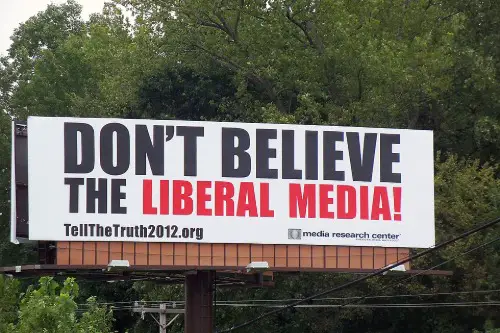
Americans don’t trust the government, the media, or even the medical system the way they used to. Scandals, misinformation, and economic instability have left people cynical and suspicious. That means fewer shared baselines for facts, rules, or authority. If you can’t trust the system, you either opt out—or build your identity around fighting it.
Distrust breeds fragmentation. Some folks double down on traditional roles (like becoming ultra-patriotic or ultra-religious), while others dive into alternative communities for meaning. Either way, identity is being shaped not by unity, but by distrust. We’re not just asking “who are we?”—we’re asking “who can we believe?”
2. Red vs. Blue Has Become Identity, Not Just Politics
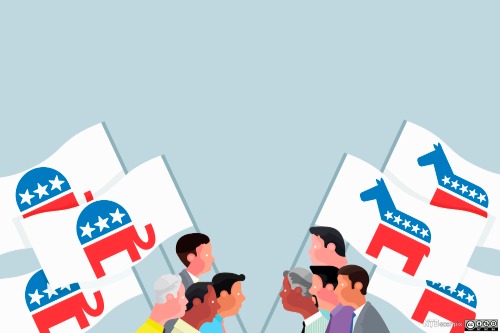
Political affiliation in America has morphed into a lifestyle brand. Whether it’s the car you drive, the beer you drink, or the shoes you buy—everything feels like a coded political statement. We’re not just disagreeing; we’re living in totally different realities. And when truth becomes subjective, so does identity.
This tribalism is so strong that family ties, friendships, and even dating preferences are shaped by political alignment. People aren’t just saying “I voted for X”—they’re saying “I am X.” It’s the kind of black-and-white thinking that makes nuanced identities feel impossible. In a country of individuals, we’re flocking to sides like sports teams.
3. Everyone’s “Rebranding” Themselves Online

We’re living in a time where your Instagram bio changes more often than your driver’s license. From “mom of three” to “intuitive coach” to “dog rescue activist,” people are reshuffling their digital identities constantly. Social media is no longer just how we connect—it’s how we experiment with who we are. That’s not inherently bad, but it’s definitely destabilizing.
The pressure to brand yourself like a company is exhausting. You’re supposed to be relatable and aspirational, authentic and optimized. As a result, people are swapping entire identities for likes and engagement. When everyone’s chasing the next version of themselves, it’s no wonder we feel unmoored.
4. Gender Norms Are Rapidly Evolving
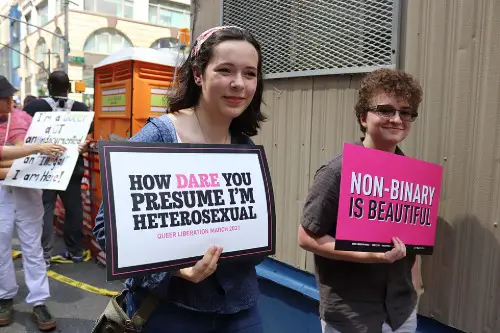
Gender expression in America is more fluid and visible than ever before. From pronoun changes to fashion shifts, traditional labels are being rewritten in real time. Gen Z especially is pushing back on binary thinking, and institutions are struggling to keep up. That’s leading to generational tension and cultural whiplash.
This isn’t just about identity politics—it’s about existential questions of who am I? and how should I be seen? The freedom to explore gender is liberating for many, but it’s also uncharted territory. For a society long reliant on rigid categories, this shift is deeply destabilizing. We’re watching an old identity framework crack open, and there’s no clear replacement yet.
5. Religion Is No Longer the Default Anchor
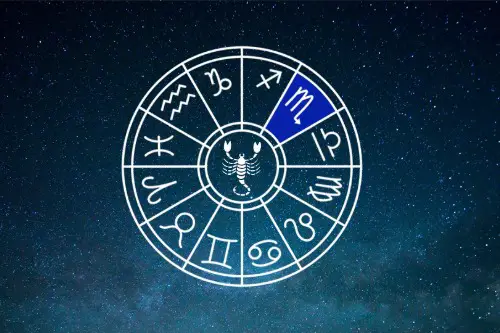
America’s becoming less religious, but not necessarily less spiritual. Church attendance has dropped dramatically, especially among Millennials and Gen Z. Many are turning to astrology, crystals, or vaguely defined “energy work” in search of meaning. These new paths offer flexibility—but also less structure.
Religion once provided shared rituals, moral codes, and community—pillars of identity. Now, those pillars are DIY, crowdsourced, or abandoned altogether. When everyone’s building their own belief system, it’s harder to find common ground. We’re spiritually scattered, and that fragmentation mirrors the identity crisis itself.
6. Regional Culture Is Flattening Out

The internet has turned every city into a remix of the same trends. Whether you’re in Austin or Albany, you’re likely to find the same coffee shop aesthetic, the same thrift-core fashion, and the same tech-literate slang. We’re losing local flavor in favor of a national monoculture. And that’s erasing a huge part of how Americans used to define themselves.
Regional pride used to mean something specific—Southern hospitality, Midwestern modesty, West Coast cool. Now, you can’t always tell where someone’s from by how they talk, dress, or behave. While some of this connectivity is good, it’s also homogenizing. Without distinct local cultures, identity becomes a choose-your-own adventure with no map.
7. Fame Is Now a Life Goal, Not a Byproduct

“Influencer” is a career now—and a wildly popular one at that. Kids don’t just want to be doctors or astronauts anymore; many want to be famous for being themselves. Platforms like TikTok reward extreme authenticity or extreme performance, with little in between. And the algorithm decides who’s “real” enough to be seen.
This turns self-expression into a performance for likes, comments, and monetization. Fame used to follow success; now it defines it. If who you are is constantly tailored for mass approval, where’s the private self? We’re not just building brands—we’re replacing identities with them.
8. Conspiracy Thinking Has Gone Mainstream
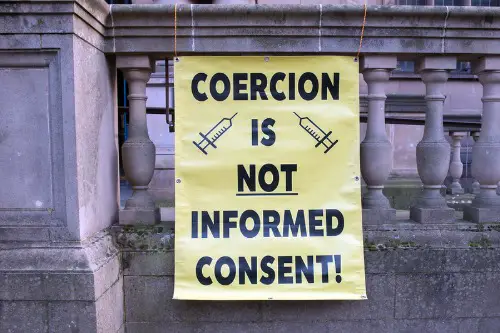
Once relegated to fringe forums, conspiracy theories now dominate family group chats and primetime TV. From QAnon to anti-vax movements, people are finding identity in what they don’t believe. Belief becomes resistance, and belonging comes through mutual distrust. That’s a dangerous cocktail when truth is already under siege.
It’s no longer just “I think something fishy is going on”—it’s “this defines who I am.” People are bonding over shared skepticism, not shared values. It’s easier to feel certain when you reject the mainstream entirely. And in a world of too many answers, the rejection itself becomes an identity.
9. The Line Between Consumer and Creator Is Blurred

We live in a time when everyone’s a content creator—whether you’re making YouTube videos or reviewing your lunch on Yelp. This blurs traditional roles and expectations, because now your opinions, hobbies, and experiences are all potential content. That means who you are is increasingly defined by what you share.
The identity of “audience member” no longer exists—we’re all on stage, all the time. Even grief, illness, and motherhood are being turned into series-worthy narratives. It creates pressure to curate your life into something interesting enough to post. In chasing engagement, the self gets edited for clicks.
10. Everyone’s Suddenly Ditching Traditional Jobs

There’s been an undeniable shift in how Americans approach work. Between “quiet quitting,” mass resignations, and the rise of freelancing, the 9-to-5 grind is losing its grip. Millions are rethinking what work should look like, not just what it pays. This isn’t laziness—it’s existential burnout on a national scale.
The pandemic cracked open long-simmering doubts about careerism, and people aren’t eager to shove those doubts back in the box. We’ve seen tech layoffs, union surges, and a record number of people starting small businesses. That screams one thing: the American Dream is being redefined. When your identity used to be your job, and now that job is gone, what’s left?
11. Mental Health Language Is Changing How We Talk About Ourselves

Terms like “trauma,” “gaslighting,” and “boundaries” have gone mainstream. On one hand, that’s great—mental health is finally part of everyday conversations. But on the other hand, people are beginning to define themselves through diagnoses and therapy-speak. Mental health awareness is turning into a new language of identity.
This can be empowering, but also limiting. You’re not just “someone who has anxiety”—you’re an anxious person, and that label starts shaping your choices. Pathology becomes personality, and therapy becomes your lens for everything. It’s self-awareness, but sometimes at the cost of self-expansion.
12. National Pride Is at an All-Time Low
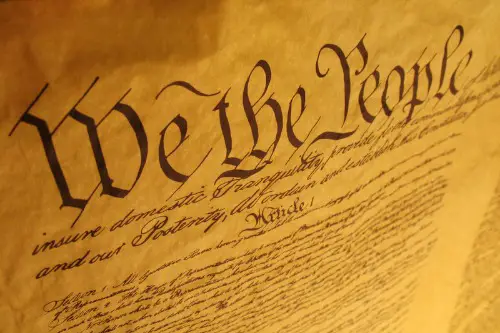
Fewer Americans, especially young ones, say they’re proud to be American. Patriotism used to be a default setting, but now it’s seen as outdated, or worse—problematic. History textbooks, social justice movements, and political scandals have fueled a more critical view of the country. That skepticism leaves a void where national identity used to sit.
Instead of “we the people,” it’s often “us vs. them”—and sometimes “them” is the country itself. Some are searching for new communities abroad, online, or through heritage. But national identity was once a major part of being American. Its erosion is a symptom—and cause—of the wider identity unraveling.
13. AI Is Making Us Question What It Means to Be Human
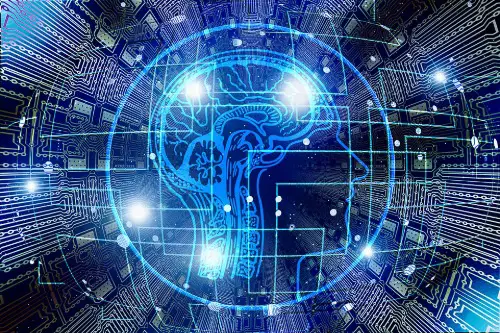
Artificial intelligence is no longer science fiction—it’s writing poems, making art, and answering your emails. It’s also making people ask: if a machine can mimic me, what am I? Creativity, communication, and intelligence were once core parts of our identity. Now they’re being outsourced, or at least imitated.
As tech gets smarter, people feel more pressure to prove their own uniqueness. The result? Anxiety, confusion, and even resentment toward the very tools meant to help us. When machines blur the boundary between human and artificial, the crisis of identity only deepens.
This post 13 Social Trends That Prove America’s Having a Collective Identity Crisis was first published on American Charm.


